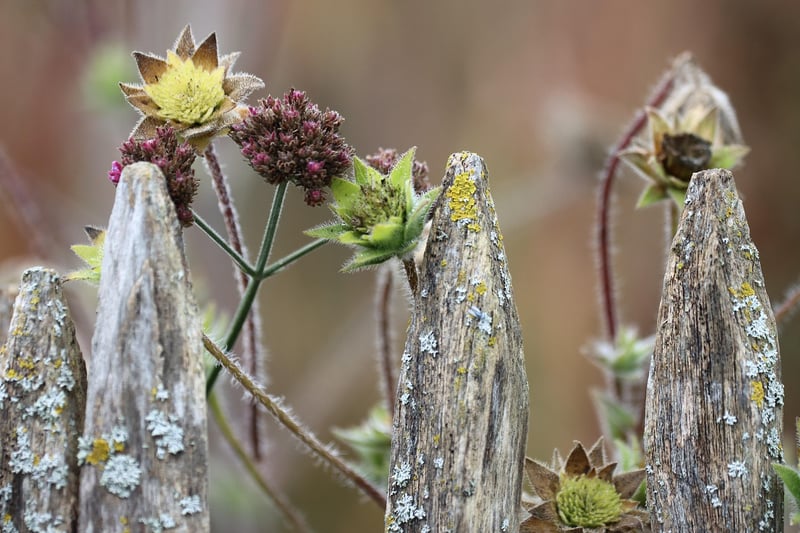Pest Control
Keeping Your Garden Healthy: Tips for Pest Control
Welcome to your guide on maintaining a healthy garden by effectively controlling pests. A flourishing garden can bring joy and beauty to your surroundings, but it requires care and attention to keep it thriving. Here are some essential tips to help you protect your plants from common garden pests.
1. Identify the Pests
It's crucial to know which pests are affecting your garden to choose the right control methods. Common garden pests include aphids, snails, slugs, caterpillars, and beetles. Regularly inspect your plants for any signs of damage or infestation.
2. Practice Good Garden Hygiene
Keep your garden clean and tidy to reduce hiding spots for pests. Remove weeds, fallen leaves, and debris regularly. Pests often thrive in cluttered environments, so maintaining cleanliness can deter them from settling in your garden.
3. Use Natural Predators
Introduce beneficial insects like ladybugs, lacewings, and praying mantises to your garden. These natural predators feed on common pests, helping to keep their populations in check. You can also attract birds that consume insects by providing birdhouses and birdbaths.
4. Apply Organic Pest Control Methods
Utilize organic pest control solutions such as neem oil, diatomaceous earth, and insecticidal soap. These products are effective in managing pests while being safe for the environment and beneficial insects. Make sure to follow the instructions on the labels for proper application.
5. Companion Planting
Planting companion crops can help repel pests and promote plant growth. For example, marigolds can deter nematodes, while basil can repel mosquitoes and flies. Research companion planting combinations that suit the specific pests in your garden.
6. Monitor Your Garden Regularly
Keep a close eye on your plants and monitor them regularly for any signs of pest damage. Early detection can prevent infestations from spreading and causing extensive harm to your garden. Act promptly if you notice any issues.
7. Consider Natural Barriers
Physical barriers like row covers, netting, and copper tape can protect your plants from pests. These barriers create obstacles that prevent insects from reaching your crops. Install them carefully to ensure full coverage and effectiveness.
Conclusion
By following these tips for pest control, you can maintain a healthy and thriving garden without resorting to harmful chemicals. Remember that a balanced ecosystem in your garden is key to keeping pests at bay while preserving the beauty of your plants. Enjoy the process of gardening and the rewards of a pest-free, lush outdoor space!

For more information on pest control and gardening tips, visit Royal Horticultural Society.
